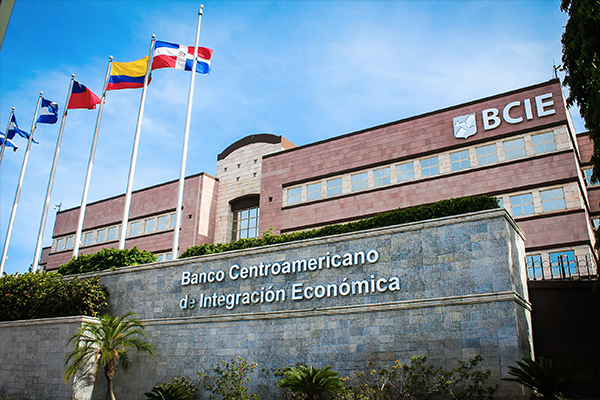The Central American Economic Coordinating Bank (CABEI) announced on Thursday that it was funding a study in support of coffee growers in Nicaragua and Honduras with the aim of increasing crop resilience.
From its headquarters in Tegucigalpa, the bank announced that the investigation would help mitigate the effects of natural disasters and approved a $ 50,000 non-refundable technical cooperation for the launch of the initiative.
The proposal addressed to the two Central American countries coincides with the company’s interest in focusing on priority issues at the regional level and increasing joint ventures with the governing bodies of the coffee industry.
According to Dante Mossi, Managing Director of CABEI, the project aims to create more jobs, reactivate national economies and mitigate the negative effects of climate change.
Through the study, experts will be able to identify the impact of the Kovit-19 epidemic in those areas that crossed Hurricane Etta and Iota in November 2020 and promote concrete action for recovery. Coffee plantations in areas
According to Nicaragua’s Deputy Minister of Development, Industry and Trade, Jesus Bermudas, another objective is to sustain the value chain of the commodity in the medium and long term, in line with development and export policies.
Coffee is currently one of the most valuable inputs in Central America, giving it a major role in international sales, and therefore, foreign exchange generation, and is a major source of income for about 35,000 Nicaraguan farmers. (https://www.thevalleypost.com/radio-havana-cuba-the-central-american-bank-will-fund-the-study-for-coffee-growers-in-honduras-and-nicaragua/)
Source: Prensa Latina

































